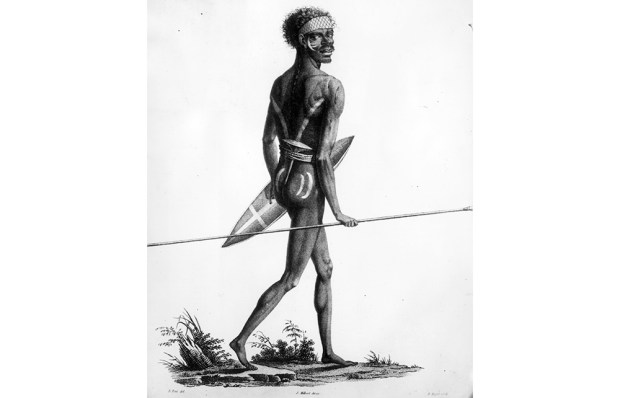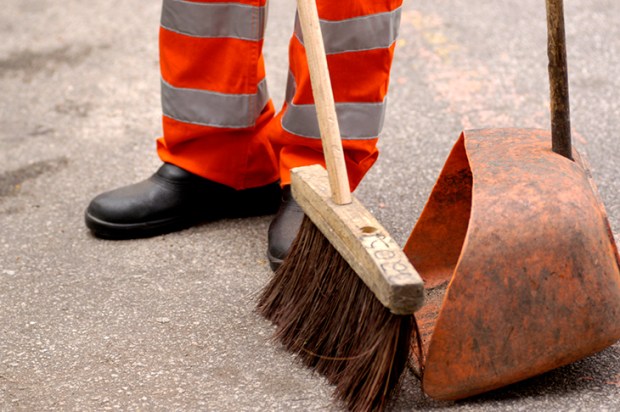Australia’s greatest footy rivalries used to be strictly intra-code affairs – obvious examples being league’s State of Origin, union’s Bledisloe, the Montague/Capulet feuds between Carlton and Collingwood (or, come to that, Hawthorn and Geelong or North Melbourne and Essendon). But since rugby union turned professional much of the snobbery which separated it from rugby league has disappeared, and in addition to competing for ratings and ticket sales the two codes now compete against each other for talent, and players deemed good enough to play both at the elite level are faced with a dilemma rather more consequential than whether to kick or pass; whether to commit to the game that has a much bigger domestic following and 17 clubs with lots of jobs, or to the one which, though supporting only five Australian franchises, has a global audience and a correspondingly higher earnings ceiling. Even for those who avoid debilitating injury it’s a career which rarely lasts longer than a decade, so there’s nothing cynical about following the money. The brickbats thrown by players lucky enough to have graduated from paddock to punditry such as Sydney Roosters star Joseph Sua’alli for his recent decision to switch to union in 2025 are both mean-spirited and anachronistic. In telling Sua’alli that rather than play out the remaining two years of his Roosters contract he should leave the club immediately ‘and not let the door hit you on the arse on the way out’, Canterbury Bulldogs GM Phil Gould has shown that while league has done just as much as union to embrace ethnic diversity and gender fluidity (and, critically, just as much to ostracise players who identify publicly as Christians), at board-room level it is still in thrall to the class system.
But even the bitterest of rivals will unite to confront a common enemy. And just as the houses of Targaryen, Lannister and Stark suspended hostilities to contend with the ice zombie hordes of the North, the administrators of league, union and AFL may soon be obliged to join forces against a shared adversary. One which has been massing on their borders for some years now and which is recruiting ever greater numbers to its ranks not least because, unlike White Walkers, its foot-soldiers are motivated by a desire to prolong and improve the quality of human life. Not long ago, the only people involved in footy who wore white coats were the ones employed to stand beside AFL goalposts and give mute, two-handed responses to spectators’ enquiries about the size of a certain part of their anatomy – a tradition which the induction of female referees will render obsolete, we’re pleased to say. But now a lot more men and women who are paid rather more to wear their white coats are passing very vocal judgement from the sidelines of all three codes, and what they are saying could prove more costly than a decade of Covid lockdowns. The problem of concussion has been on administrators’ radars for a long time, of course, and most have taken steps to mitigate the damage at player level, first by outlawing deliberate head contact, then with the introduction of head injury assessment protocols, and most recently with the imposition of stand-down periods of between 11 and 14 days for those affected. And most of those players have responded to such measures with something like individual gratitude. But unlike boxing, in which the reluctance to cause or sustain concussion is still a bar to participation, football is a team sport. And even if your injuries stop you pulling on a jersey, they won’t stop you joining a class action. The class action brought by 60 ex-AFL professionals in the Victorian Supreme Court last week is seeking compensation of $1 billion. But whatever sum is awarded, the case will encourage ex-league and ex-union players to follow suit. And given how long it can take for the worst effects of concussion to present, such actions can only become more frequent and ambitious in years to come. Thanks to dismal performances on the international stage in the last few years, Australian rugby union is already in dire financial straits, but concussion could hurt it more than other codes in another way, too. As the proportion of Asian students in the private schools it has always relied on to produce its elite players increases, more and more parents will take one look at the injury statistics of rugby and instruct their sons and daughters to play something else, preferably something with strings. Others will see the decision of one of Australia’s greatest rugby players, David Pocock, to switch codes to Federal politics as proof of just how hard he banged his head.
Got something to add? Join the discussion and comment below.
You might disagree with half of it, but you’ll enjoy reading all of it. Try your first month for free, then just $2 a week for the remainder of your first year.














